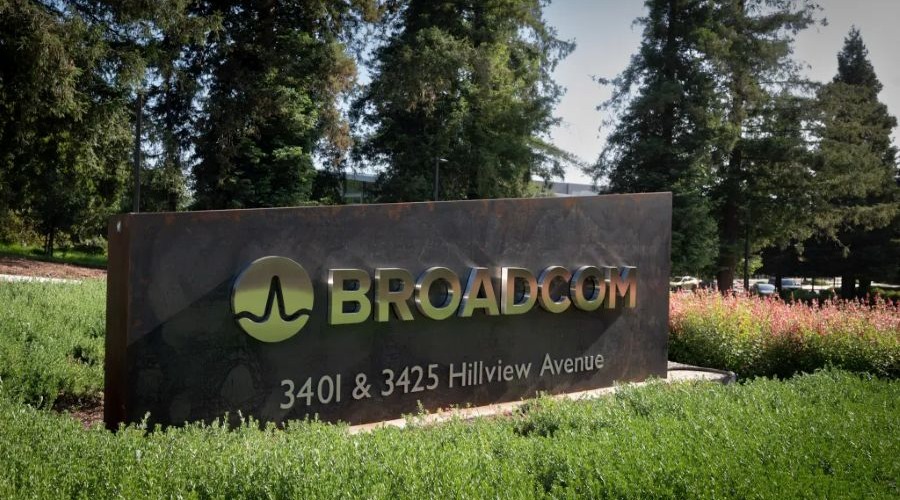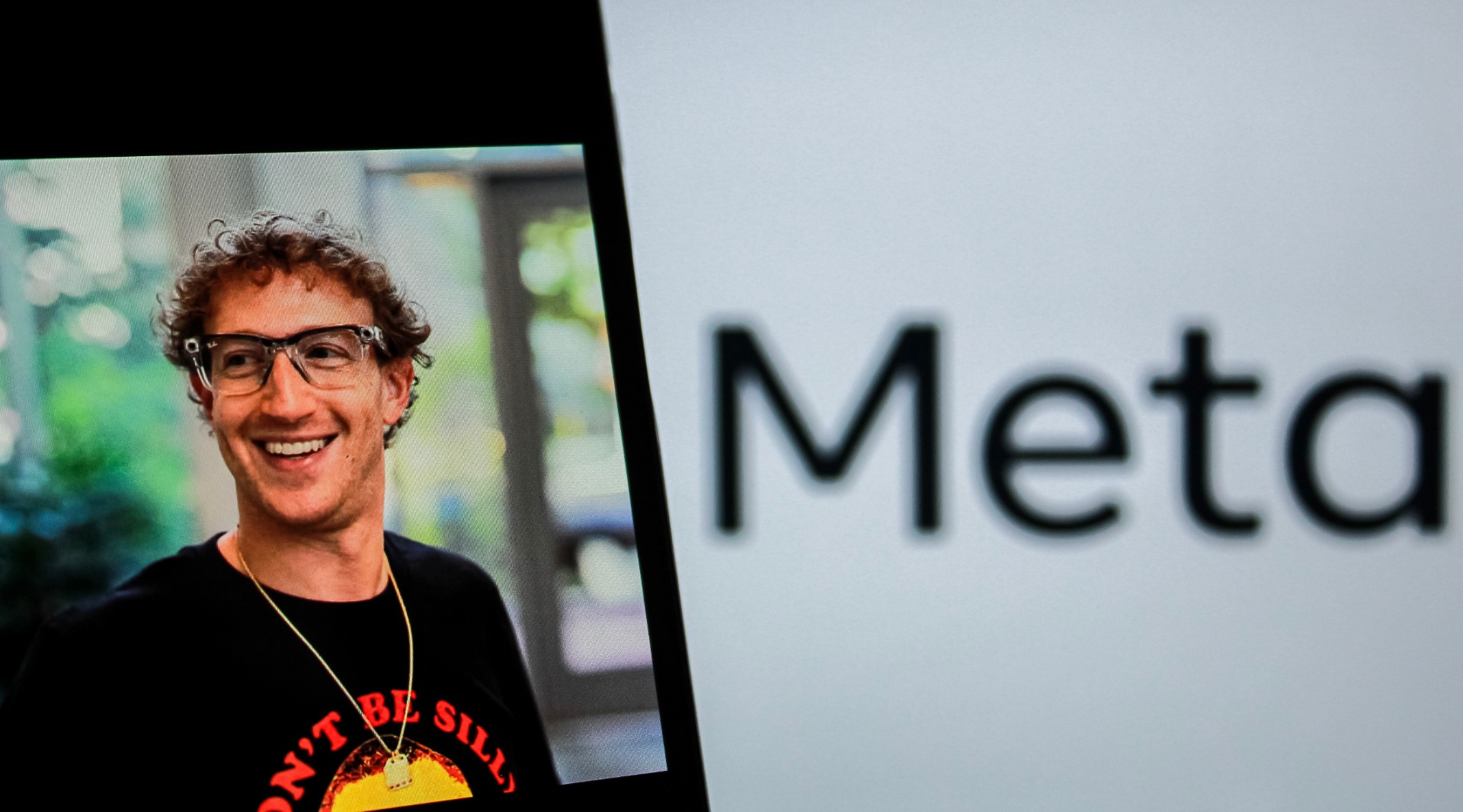The Department of Government Efficiency, aka “DOGE,” has crypto markets howling as Trump, Musk, and Ramaswamy aim to “streamline” D.C. In what could only be described as peak 2024 political theater, former (and soon to be) President Donald Trump has announced a new federal initiative titled the “Department of Government Efficiency”— abbreviated to “DOGE.”
Crypto traders around the globe took this as a cosmic sign, driving up Dogecoin’s value by a jaw-dropping 20% within hours of the announcement. The message? Washington may not change, but crypto’s meme culture is more alive than ever.
In a headline-grabbing event that brings Elon Musk and 2024 presidential hopeful Vivek Ramaswamy onboard as heads of the new “efficiency department,” the move is meant to streamline, optimize, and possibly meme-ify federal processes. But beyond the headline, Dogecoin’s rapid rally is a wild testament to cryptocurrency's continued appeal to an increasingly ironic public.
DOGE – Federal, with Extra Meme
Trump’s Department of Government Efficiency is no ordinary proposal. This isn’t just about saving taxpayer dollars; it’s about bringing the corporate world’s most outlandish efficiency experts into Washington. And it appears that it’s also about breaking the internet. Musk, with his ever-colorful Twitter feed and relentless quest for AI dominance, is poised to bring Silicon Valley swagger to Capitol Hill. Meanwhile, Ramaswamy’s own disruptive approach to American politics has made him a favorite among younger, more meme-attuned voters. Together, they’re overseeing DOGE—or as Trump prefers, a “deep state cleanse”—as a government entity meant to cut the fluff from bloated bureaucracy.
Of course, whether any actual “efficiency” comes out of this remains up in the air. Still, Trump’s fans are thrilled, his critics are bewildered, and crypto enthusiasts have seized on the chance to bring Dogecoin to the forefront. The internet’s most irreverent currency, Dogecoin, has found itself once again riding the coattails of absurdity, with traders thrilled at the prospect of a government department “coincidentally” sharing its name.
Dogecoin and Elon Musk
Dogecoin’s 20% surge might look like overreaction at first, but let’s break it down. First, Dogecoin has always thrived on viral moments, and this was pure gold. With Trump referring to the Department of Government Efficiency as “DOGE,” the surge wasn’t just a market anomaly; it was a meme-fueled celebration. It’s not every day that a cryptocurrency named after a Shiba Inu finds itself in sync with a major political development, even if that development leans more toward the satirical.
Adding to the excitement, Elon Musk, someone we enjoy here on Trending—and one of the loudest proponents of Dogecoin—now heads the department, effectively making Doge (the coin) a perfect companion to DOGE (the department). Traders must be seeing Musk’s involvement as more than a nod, it’s practically an endorsement … or is it? The 20% rise is more than just a blip, it’s a reflection of the market’s appetite for both meme-driven investments and Musk’s influence over crypto sentiment. In true internet style, Dogecoin’s rally is a hilarious, if now predictable, response to the political spectacle. We're just waiting to see what Musk's appointment to some department of Artificial Intelligence (AI) would do to the internet...
Why Meme Coins Matter – Crypto’s Allure Grows with the Absurd
The rise of Dogecoin following this announcement is more than just a market quirk. It highlights a cultural shift where meme coins aren’t just passing fads; they’re viable assets with massive followings, albeit often prone to volatility due to viral shifts. Part of crypto’s allure lies in its power to poke fun at traditional finance and politics. With this surge, Dogecoin underscores how crypto investors are finding joy (and profit) in the unpredictable, even when it’s catalyzed by a seemingly bizarre government initiative, and the chances are it will turn out to be bizarre.
This isn’t to say that Wall Street is suddenly endorsing meme coins, but in a world where stock predictions seem to hinge on personalities and Twitter announcements, Dogecoin’s popularity reminds us that markets can indeed be shaped by moments of collective internet fun. And when it comes to the blend of humor, politics, and profit, meme coins are unrivaled. In this case, Dogecoin's rise following Trump’s announcement isn’t just a reflection of the market’s appetite for quick gains; it’s a reminder that irony sells, and crypto buyers are ready to cash in on the hype.
Wall Street Isn't All In On Meme Coins
Unlike traditional stocks or even some cryptocurrencies like Ethereum , which power decentralized applications, meme coins like Dogecoin and Shiba Inu don’t have underlying assets, cash flow, or revenue-generating mechanisms. Meme coins are often created without a clear, long-term roadmap or intrinsic purpose beyond being a fun internet currency, making them hard to evaluate from a fundamental perspective.
They’re also notorious for their wild price swings, which can be driven more by online trends and social media hype than by economic or business fundamentals. This unpredictability clashes with Wall Street’s preference for assets that offer some degree of stability or predictable growth. Traditional investors tend to avoid assets that can be tanked—or skyrocketed—by a tweet, meme, or viral internet challenge.
The regulatory landscape for all cryptocurrencies is still evolving, and meme coins are often at the edge of that uncertainty. Regulators have started scrutinizing cryptocurrencies more closely, with concerns about consumer protection, money laundering , and market manipulation. Meme coins are often seen as more speculative and therefore riskier, making traditional financial institutions cautious to engage heavily with them until regulations stabilize.
Meme coins often rely on social media for price movements, leading traditional investors to see them as speculative assets that thrive on hype rather than actual innovation or value creation. Wall Street traditionally seeks investments that can demonstrate long-term growth or strategic potential, and meme coins—with their roots in internet culture rather than business fundamentals—don’t easily fit that mold. The hype-driven nature of meme coins makes them resemble bubbles rather than sustainable investments, a red flag for most institutional investors.
While some cryptocurrencies like Bitcoin are gradually being accepted as “digital gold” or stores of value, meme coins often don’t enjoy the same perception. Wall Street wants to see long-term viability and utility in an asset, and meme coins, largely driven by social media and internet trends, are still seen as potentially short-lived phenomena.
For more stories around the edges of finance, visit our Trending section.


















